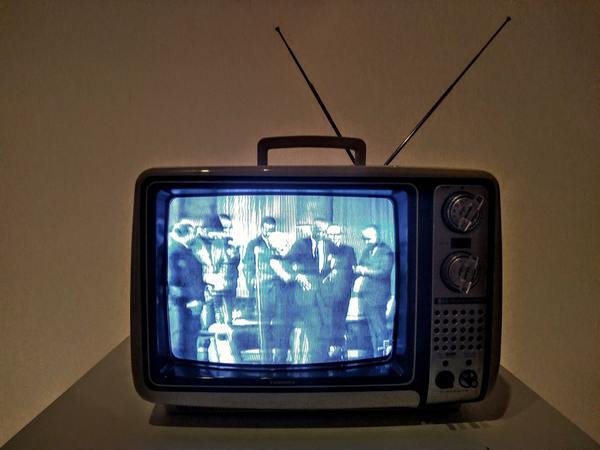
(TR/Unsplash)
As the man who took Starbucks from a company that sold beans to a massive chain of espresso shops, Howard Schultz deserves credit for rethinking the way that many of us approach the morning cup of coffee. (Even if, yes, the beans are arguably burned.)
But in his efforts to put the final mark on his legacy, he seems to have lost the compassion and thoughtfulness that drove his company’s initial run of success. That’s the image a well-written Washington Post piece on Schultz, who is likely to retire once again in the coming months after returning to the CEO role unexpectedly last year.
Schultz runs a company that is dealing with some difficult headwinds. It is a firm with tens of thousands of employees, employees who seem to face the brunt of difficult and upset customers, some of whom, according to the story’s telling, put employees in danger at times. (Of note is an anecdote of a man who apparently left a bag of meth in a bathroom, only to return, aggressively, when the store closed.) For many employees, per author Greg Jaffe, this is not their only job.
Schultz has been listening, but the push by some employees to unionize has clearly caught him flat-footed, often making decisions like actively denying union members access to seniority raises or new benefits. Per the piece:
Tensions between Starbucks and the union had been building all spring and summer. Union officials accused Starbucks of firing more than 120 pro-union workers in retaliation for organizing. The dismissals spanned the country and, in several instances, drew the condemnation of the National Labor Relations Board. In August a federal judge ordered Starbucks to reinstate seven pro-union employees who were fired in February at a Memphis store.
Schultz denied that anyone had been dismissed for union activity. He alleged that Starbucks Workers United was harassing store managers and infiltrating the company’s workforce with paid activists.
The story paints Schultz as struggling to connect his traditionally conscious approach to corporatism, one that took bold steps like offering free online college degrees, to the unionizing employees who clearly feel like all of that is not enough. As with many fast-food or service jobs, inconsistent hours and the pain of unexpected costs still dog them.
As one organizer put it: “I’ve never met a businessman like him. He hates unions more than he loves money.” The issue has been serious enough that politicians such as (but not limited to) Bernie Sanders, are speaking up:
https://twitter.com/BernieSanders/status/1578854912100028417
As NPR notes, this is a widespread movement—roughly 250 stores in 30 states have taken the steps to unionize—and one that Starbucks has been accused of going out of the way to bust. The company has implemented a number of requested changes, but only for stores that have not unionized.
“They kind of get a little angry because they're like, well, how come we're not getting these benefits? And we do have to do a little bit of damage control with that,” a shift manager and union organizer, Gailyn Berg, told NPR.
Reading Jaffe’s story on Schultz makes it seem like the battle is personal for him, that the thing he’s spent his life building is being undercut by the fact that the many thousands of employees are thinking about ways to improve their own experiences in a small way. That they’re trying to make it a reflection on Schultz, the businessman.
But I think that it’s clearly about more than just Howard. Howard is looking at this from a high level, but his employees are not. I remember being in college and having a job at a fast-food restaurant, and wanting to take part in one weekend event happening in my dorm for one evening. My hours were cut by a third for the next three weeks because I took a single shift off. No flexibility, no compromise—punished for simply wanting to have a social life.
I eventually left for another job with more stable hours, and when I tried to pick up my last paycheck, the manager absolutely refused to give me the money I earned unless I brought back the uniform at the same time. No waiting, no acceptance of the fact I was happy to return later that same day. I had to go back to my dorm room, grab my uniform, and return. It felt mean-spirited, a small indignity to finish up a job full of them.
And I think low-wage jobs like this, even as much as someone like Schultz can try to spruce them up, have their limits. Rather than seeing the unionization push as a reflection on Howard Schultz the businessman, he should see it as a reflection on fast-food chains, the business model that he ultimately represents.
Based on his long track record of managing this company, he is not a bad boss as large franchise operators go—and he is clearly always trying to be a better one.
That he is treating unionization as inherently evil makes him one, however.
Time limit given ⏲: 30 minutes
Time left on clock ⏲: 1 minute, 6 seconds



